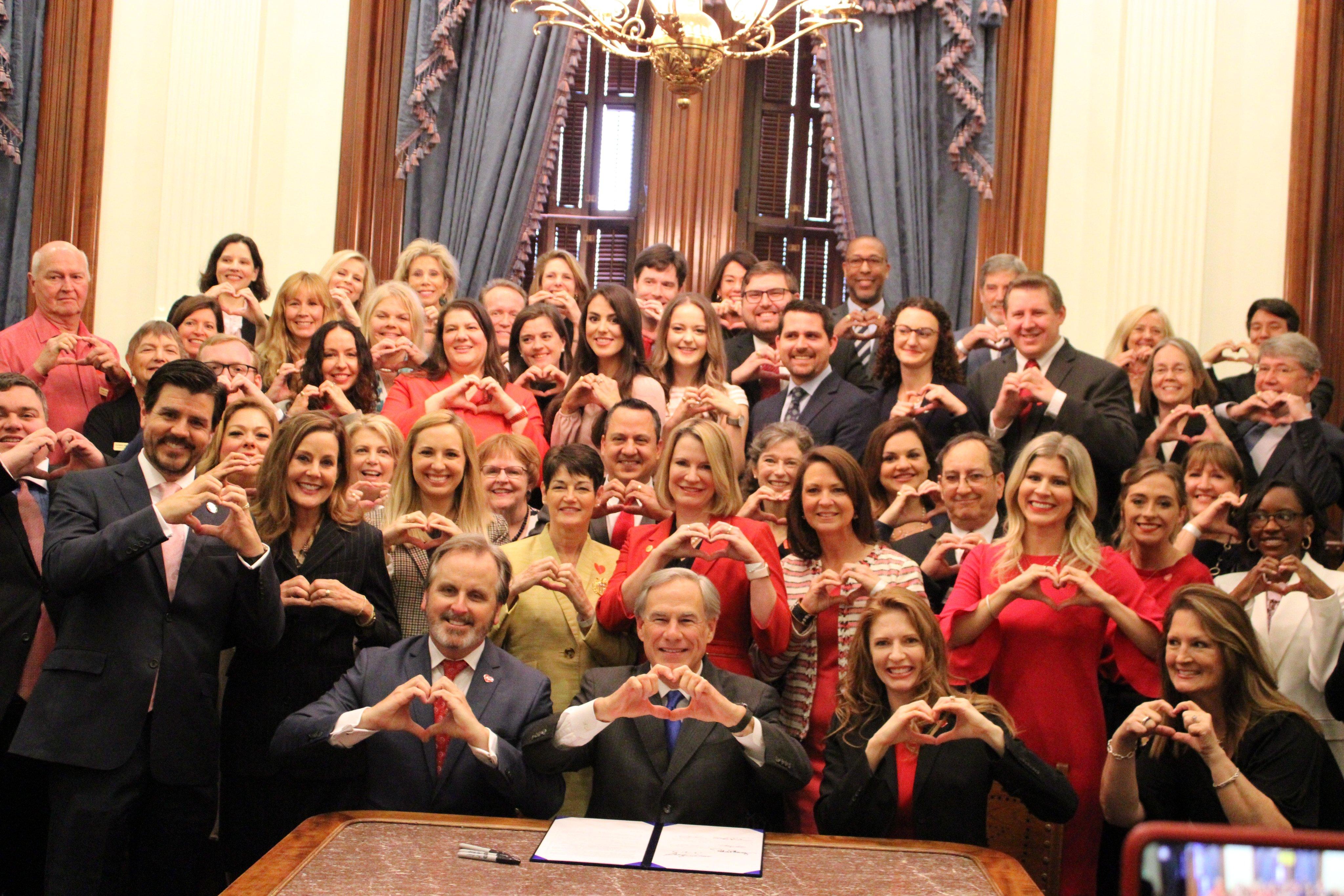
The notion that abortion as early as six weeks into pregnancy “stops a beating heart” is a concept originated by Ohio activist Janet Folger Porter, one of the nation’s fiercest advocates for banning the procedure. In 2013, a pioneering University of Leeds study found that while four clearly defined chambers appear in the human heart from the eighth week of pregnancy, they remain “a disorganized jumble of tissue” until around the 20th week, much later than previously believed. “But now people are using this technology to forward their agenda.” “We’re using technology to detect early cardiac motion, basically it’s a reflexive moment,” Cackovic added. Michael Cackovic, a maternal fetal medicine specialist at Ohio State University’s Wexner Medical Center, where some 5,300 babies are born each year.Ĭackovic said ultrasound technology significantly advances each year, allowing physicians to provide better information to their patients, but he’s alarmed that such advances in medicine have been used to promote misinformation.

“It’s not a heartbeat, it’s the motion of the neural cells going up and down tubes in an embryo,” said Dr.

An embryo is termed a fetus after the eighth week of pregnancy, and the actual heart begins to form between the ninth and 12th weeks of pregnancy. This flutter isn’t a beating heart, it’s cardiac activity that will eventually become a heart. THE TERM ‘FETAL HEARTBEAT’ TWISTS THE SCIENCEĪdvanced technology can detect a first flutter of electric activity within cells in an embryo as early as six weeks. Abortion opponents hope the conservative coalition assembled under President Donald Trump will end the constitutional right to abortion as established by the high court in the landmark 1973 Roe v. Legal experts have been divided on the strategy, and abortion rights advocates have said they plan to fight regardless.The growing anti-abortion campaign is intended to reach the U.S. They have to basically sit and wait to be sued.” “Planned Parenthood can’t go to court and sue Attorney General Paxton like they usually would because he has no role in enforcing the statute. “It’s a very unique law and it’s a very clever law,” said Josh Blackman, a constitutional law professor at South Texas College of Law Houston. While abortion providers typically sue the state to stop a restrictive abortion law from taking effect, there’s no state official enforcing Senate Bill 8 - so there’s no one to sue, the bill’s proponents say. Proponents of the new law hope to get around the legal challenges that have tied up abortion restrictions in the courts. The person would not have to be connected to someone who had an abortion or to a provider to sue.

Instead of having the government enforce the law, the bill turns the reins over to private citizens - who are newly empowered to sue abortion providers or anyone who helps someone get an abortion after a fetal "heartbeat" has been detected. It is the first major abortion case heard before the court's newly expanded conservative majority, and could have far-reaching effects for Texas, where a pending bill would outlaw nearly all abortions if the Supreme Court overruled Roe v. Supreme Court said it would hear a case concerning a Mississippi law that would ban most abortions after 15 weeks, and which could lead to new limits on abortion rights. The governor’s signature comes just after the U.S. The Legislature "worked together on a bipartisan basis to pass a bill that I'm about to sign that ensures that the life of every unborn child who has a heartbeat will be saved from the ravages of abortion.” “Our creator endowed us with the right to life and yet millions of children lose their right to life every year because of abortion,” Abbott said in a bill signing ceremony, captured on videos posted on social media. It would amount to an outright ban on abortions, as the six-week cutoff is two weeks after a missed menstrual cycle, opponents say. Abortion rights advocates have promised to challenge the new law, which they consider one of the most extreme nationwide and the strictest in Texas since the landmark Roe v.


 0 kommentar(er)
0 kommentar(er)
